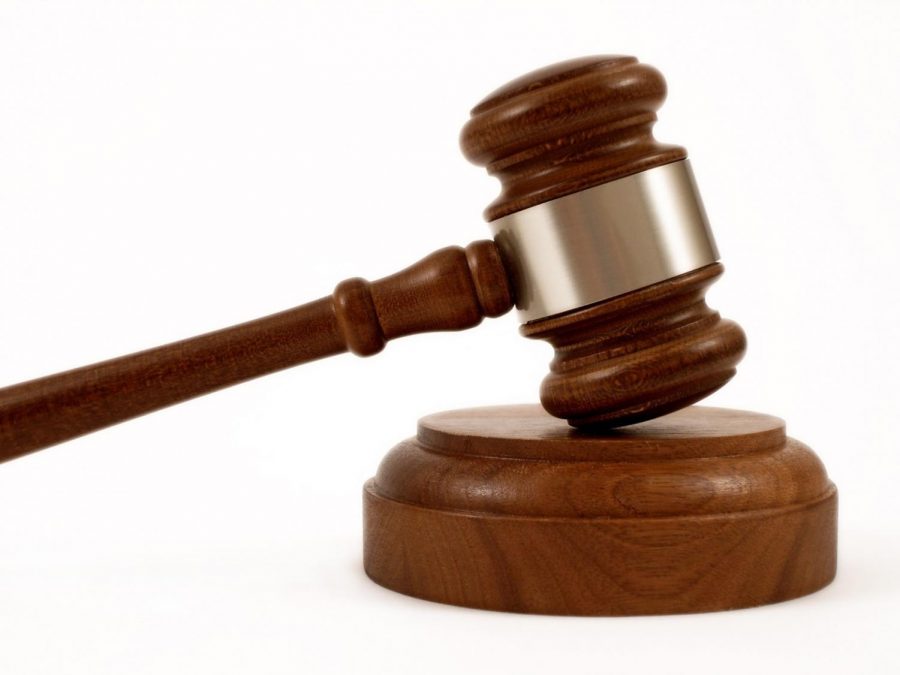Victims’ Rights: Are the Consequences What We Intend?
On Election Day, voters in Philadelphia faced a ballot measure proposing the creation of an “Office of the Victim Advocate,” which would run out of Mayor Jim Kenney’s administration. Although many nonprofits and governmental agencies already offer victim services, including Pennsylvania’s own statewide Office of Victim Advocate (OVA), this ballot measure seeks to create a municipally operated version in Philadelphia. The initiative, which passed with over 86% of the vote, is reminiscent of a controversial November 2019 Pennsylvania ballot initiative known as “Marsy’s Law” — an amendment that passed with 1.7 million votes.
Marsy’s Law, which the OVA champions, has been ratified in ten states and grants crime victims the same constitutional protections that criminal defendants receive in state constitutions. However, a federal court challenge currently stands in the way of the law’s implementation, as some lawyers and civil rights experts argue that it could conflict with criminal defendants’ due process rights. In their eyes, any challenge to the civil rights guaranteed under the Sixth Amendment to the U.S. constitution would ultimately undermine the integrity of the criminal justice system.
In 1998, Pennsylvania’s legislature passed the Crime Victims Act, which grants victims the right to, among other things, be apprised of developments in the legal process, be notified when defendants are released from custody, confer with the prosecution, and receive financial restitution. Proponents of Marsy’s Law proclaim that a victim’s statutory rights are inherently weaker than constitutional rights provided to the defendant, and can easily be rescinded. Affording constitutional status to victim’s rights would not only be a symbolic gesture for the state’s protection of victims but also ensure that these rights are uniformly enforced. Under the current law, victims have no recourse if their rights are violated, making the proposed amendment imperative to victims’ legal standing in the court. They can then bring contested issues before the court, sue a perpetrator, and claim criminal compensation from the state. This means that if a victim were denied the chance to make an impact statement at sentencing, the proposed amendment would allow them to bring a motion before a judge to rectify that part of the proceeding. Advocates maintain that one constitutional provision cannot override another; defendants’ due process rights will not be impaired by the ratification of Marsy’s Law. This is because it is the duty of prosecutors to prove guilt beyond a reasonable doubt. Thus, the amendment will only serve to establish equity for both parties in legal cases.
However, according to its opponents, Marsy’s Law, while well-intentioned, fosters a fallacious equivalency of “equal rights” for victims and defendants. While the right to due process serves as a check to the state’s immense power and ensures that the accused is not unfairly deprived of life, liberty, or property, Marsy’s Law protects alleged victims from the accused before a crime has even been proven to have taken place. Franklin County Representative Paul Schemel opined that Marsy’s Law is “dangerous to … justice, to our accused having a presumption of innocence.” Opponents also argue that Marsy’s law dissolves defendants’ right to due process. By designating one party the “victim” and allowing them to give input at the outset of a criminal proceeding, accusers could leverage their ability to influence the jury and judge by introducing an emotional appeal into what is supposed to be an impartial process, possibly leading to harsher sentences. Adversaries further argue that despite prosecutors’ constitutional requirement to disclose exculpatory evidence such as information that might contradict the accusatory statement, Marsy’s law grants victims the right to refuse discovery requests that might include such evidence. Prosecutors may then be prevented from discovering and releasing potentially crucial information for the defendant’s fair trial. If the defendant chooses to appeal this, the court of appeals would then face two conflicting constitutional provisions; the right to refuse discovery requests versus due process.





























